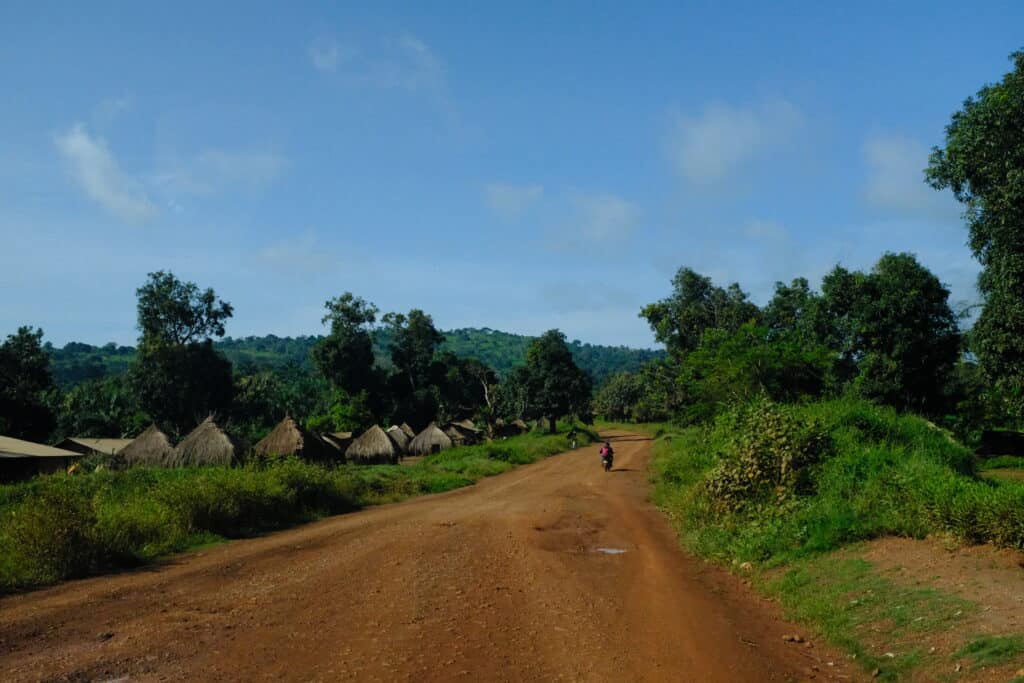
This article was written for ASF’s 2023 annual report
ASF has been supporting victims of international crimes in the Democratic Republic of Congo since 2004. In close collaboration with the Congolese authorities, UN agencies and international partners, ASF documents international crimes and offers legal and judicial support to victims before, during and after the trial.
In 2023, ASF accompanied victims of serious crimes in various trials concerning the cases of ‘Kavira’, ‘Colonel Arama et al’, ‘Cobra Matata’, and ‘Ezekere’. In total, 814 victims received free legal assistance in these four cases of international crimes committed in Ituri province, in the east of the DRC, by armed groups (ADF[1] and FRPI[2]) and by elements of the FARDC[3]. Most of the defendants received heavy sentences for crimes against humanity and war crimes involving murder, rape, pillaging, destruction, arson and the use of child soldiers.
Among the judgments handed down, the Kavira judgment of 29 November 2023 ruled, for the first time in Ituri, that victims should be fully exempt from paying legal fees, in application of the new law of 22 December 2022 on the general principles relating to the protection and reparation of victims.
A new holistic approach to transitional justice
2023 was an opportunity for ASF and its partners to define new orientations and adopt a new holistic approach to transitional justice that combines the use of judicial and extra-judicial, formal and community-based mechanisms.
This approach places communities and victims of serious human rights crimes at the centre of the transitional justice process, and transitional justice mechanisms are contextualised to respond to specific provincial circumstances and to incorporate the needs and expectations expressed by victims of the violence they have suffered.
The new transitional justice strategy of ASF and its partners focuses on capacity building and empowerment of communities and civil society, technical support, and support for coordination and synergy between transitional justice actors.
These new directions will take shape in 2024 with the launch of 2 new three-year justice projects, funded by the European Union (‘Holistic and inclusive transitional justice to consolidate and strengthen the fight against impunity in the DRC’ in partnership with TRIAL) and by the Embassy of the Kingdom of the Netherlands in the DRC (‘Community ownership and leadership for transformative transitional justice in Ituri and North Kivu’ in partnership with Impunity Watch).



